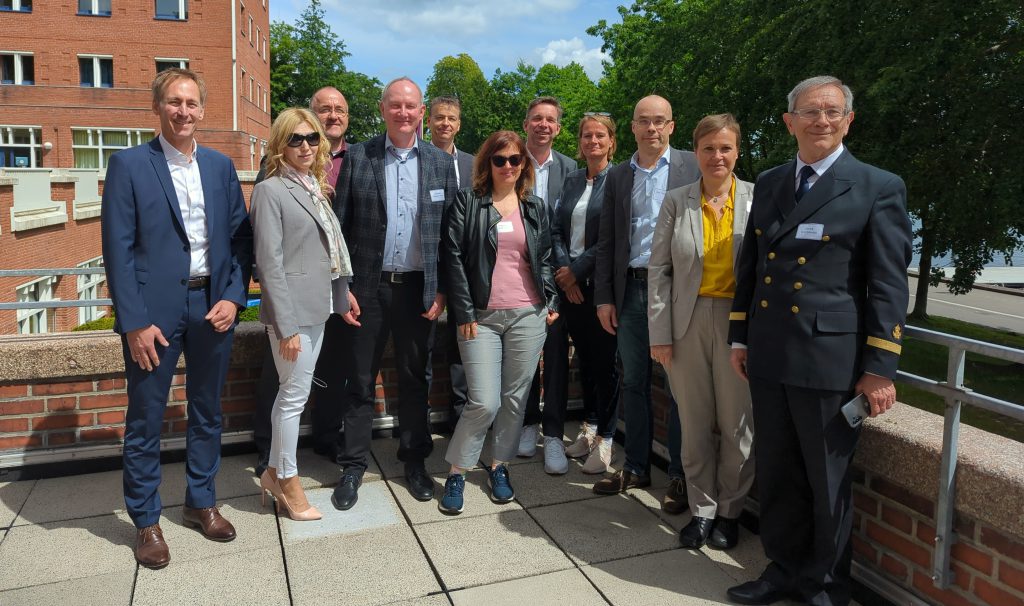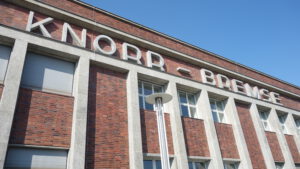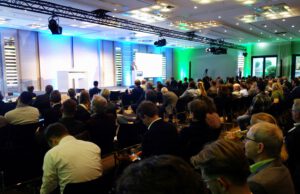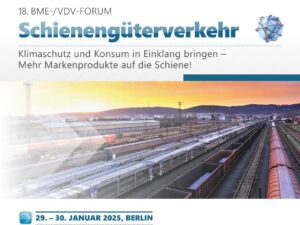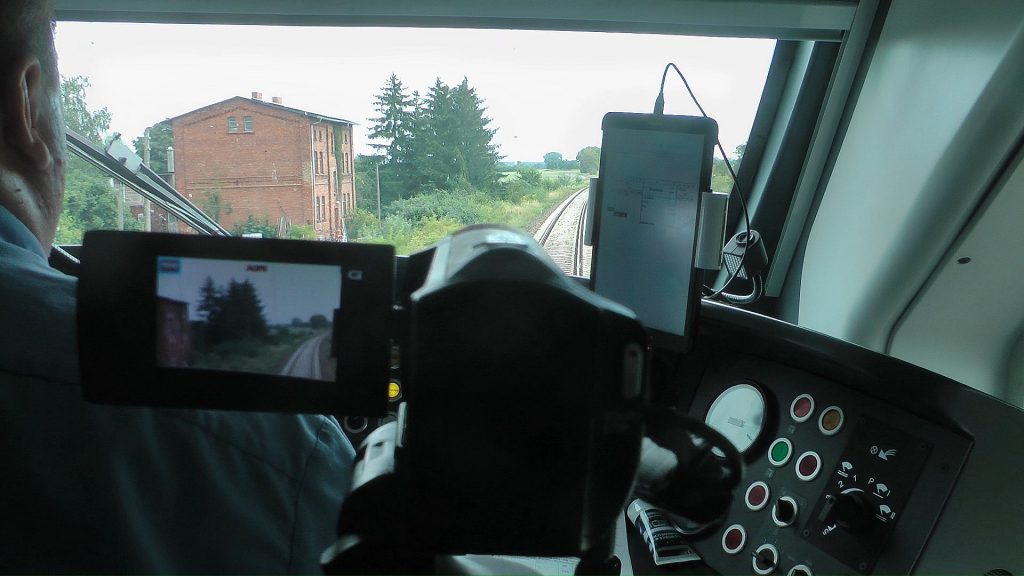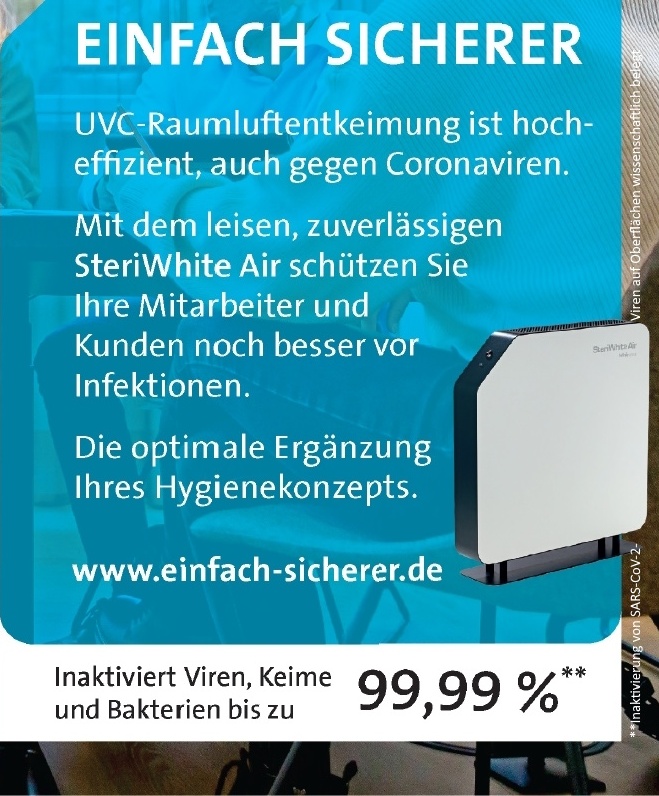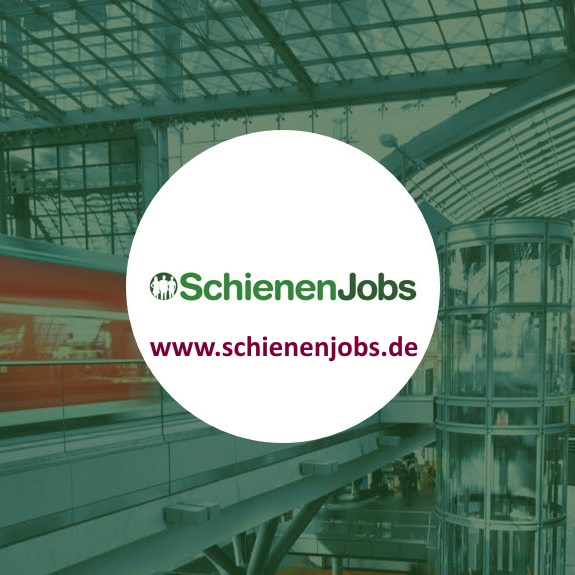The discussion that followed the Polish scientist’s presentation showed that her statement on ports in the port city of Kiel was listened to with great interest. After all, Kiel is not a world port either, so it would like to position itself all the more optimally. Around 30 participants from Poland and Germany found out about new developments in the field of smart shipping and gained interesting insights into current projects on a short excursion along the Kiel Fjord.
Dr Christian Wagner-Ahlfs from Kiel Marine Science (KMS), the center for interdisciplinary marine sciences at the Christian-Albrechts-Universität zu Kiel (CAU), welcomed the guests and speakers at the start. Afterwards Prof. Dr. Dirk Nowotka presented the “CAPTN – Clean Autonomous Public Transport Network” project initiated by the Institute for Computer Science at Kiel University. This aims at a smart solution for inner-city, linked local public transport with autonomous, clean modes of transport, including electrically powered ferries. “Many large cities have bodies of water. Their potential for inner-city passenger transport is often still underestimated,” explained Nowotka.
Hauke Schramm, Professor of Information Technology at the Kiel University of Applied Sciences, focused on the “Wavelab” test vehicle. The electrically powered catamaran currently under construction should be launched as an important part of the CAPTN project by 2023 at the latest and will then primarily be used to test different propulsion systems as well as sensor and control technologies that are essential for clean and autonomous shipping. A test field for the trials has already been designated in the Kiel Fjord.
5G, space, shipping
Björn Schwarze, CEO of the Kiel-based digital service provider Addix, presented 5G use cases, i.e. case studies for the possible use of the new, fast 5G mobile network as part of the CAPTN project. Schwarze saw potential above all in the context of monitoring and quasi real-time control (remote control) of future “autonomous” shipping and in port logistics, but also for sailing, which is becoming increasingly data-driven.
Prof. Marek Grzybowski, President of the Board of the Polish Baltic Sea & Space Cluster, also came to the fjord from Poland. He highlighted the cooperation between science and business from a Polish perspective and emphasized the cooperation between space and the maritime industry in the joint cluster. He described knowledge transfer as the most important task of his institution, which he called the “cluster of hubs”. Grzybowski invited further German-Polish cooperation and networking and emphasized: “The exchange takes place primarily between people, not institutions” – an assessment that Axel Koch from the CAU agreed with in his summary of the morning.
Test platform “Wavelab”
In the afternoon, the state-of-the-art shore power system of the seaport of Kiel was visited at the ferry terminal on the west bank. The subsequent trip with the small passenger ship “MS Schwentine” to the opposite east bank of Kiel offered the opportunity to observe some sensors of the future test platform “Wavelab” in test operation while collecting data and to have the functional principle explained.
Prof. Dr.-Ing. Hendrik Dankowski from the Kiel University of Applied Sciences presented flow tests with a model hull of the test catamaran already under construction in the institute’s own test tank. In the future, this will offer the opportunity to test the most modern energy sources and drive systems in an initial implementation phase. After returning to the western shore of the Kiel Fjord, the day ended with a reception, further networking and intensive discussions in the Kieler Seeburg.
“The new, international format was equally well received by Polish and German participants,” said Peter Moller, Head of the Schleswig-Holstein branch of the MCN, summarizing the event. Especially when it comes to innovative topics such as smart shipping, it is worth “looking beyond the national horizon”.
The Polish guests were also impressed by the “Kiel model project of a shore power plant”. The co-organisers of the Kiel-Gdańsk Market Place were the Maritime Cluster Norddeutschland, the Christian-Albrechts-Universität zu Kiel, the nucleus/Wissenschaftszentrum, the University of Gdańsk and the Baltic Sea & Space Cluster. hfs/mc


